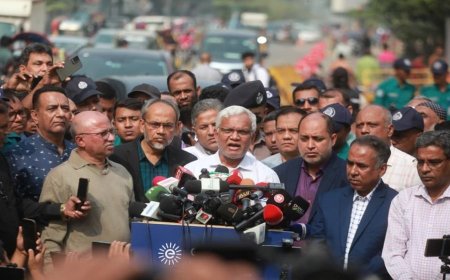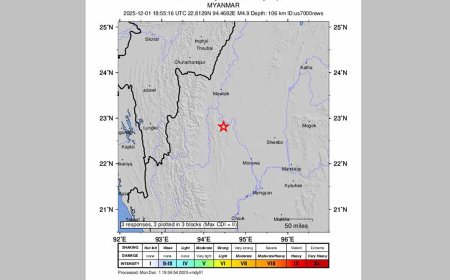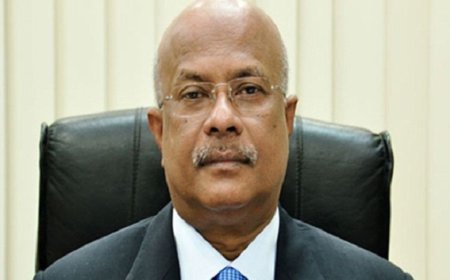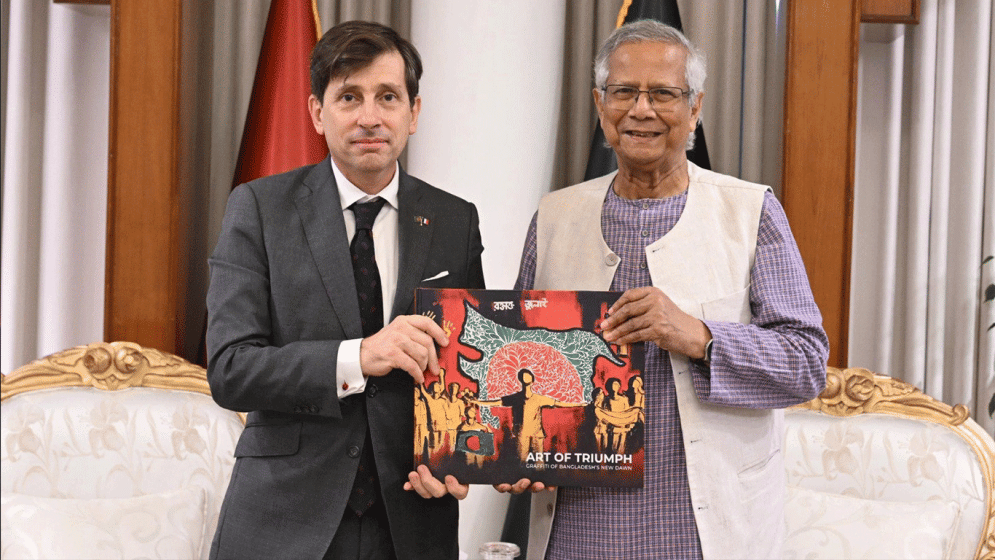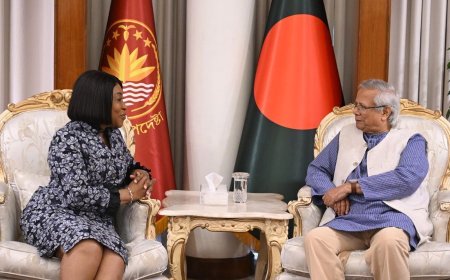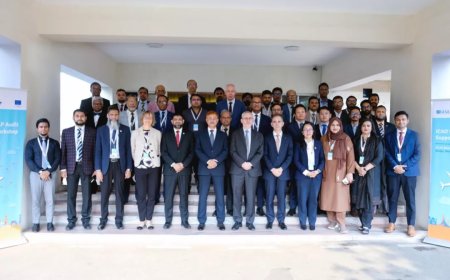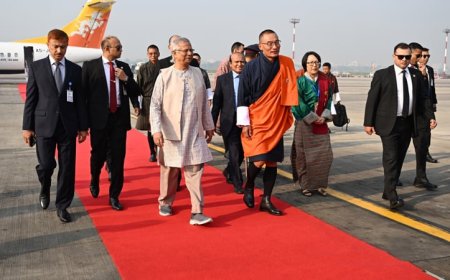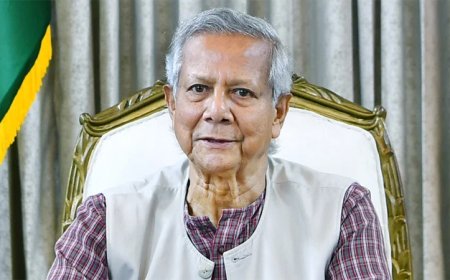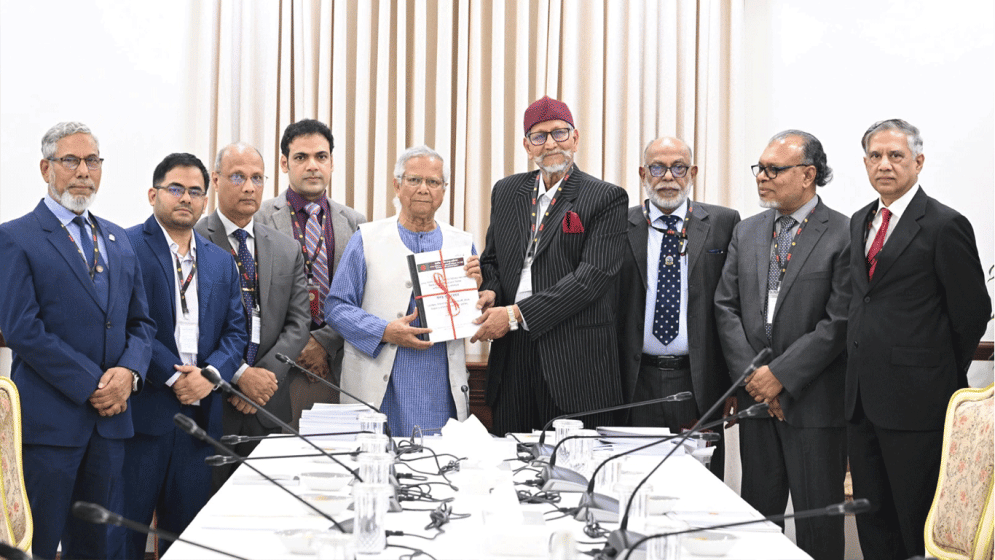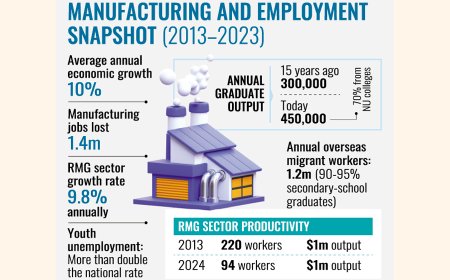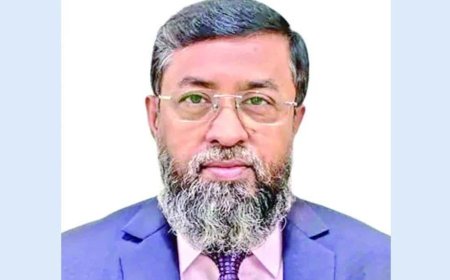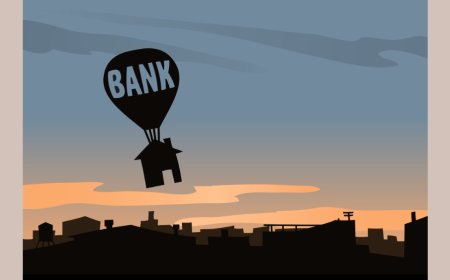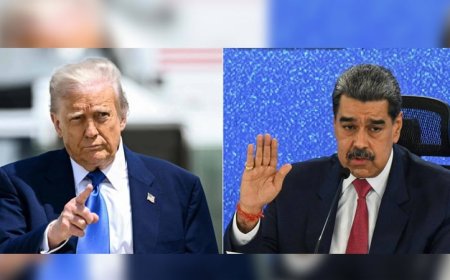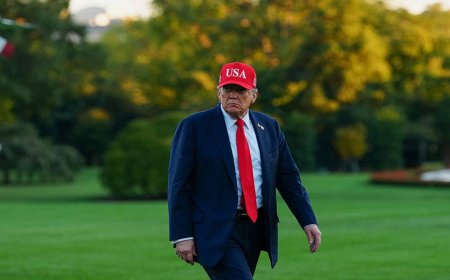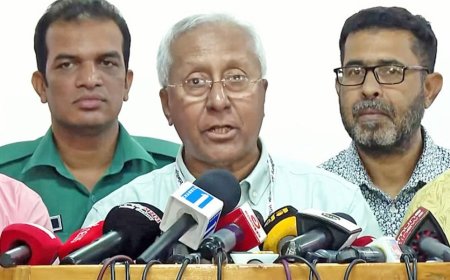EU Human Rights Chair Calls for Free and Fair Bangladesh Polls
EU Human Rights Chair Calls for Free and Fair Bangladesh Polls
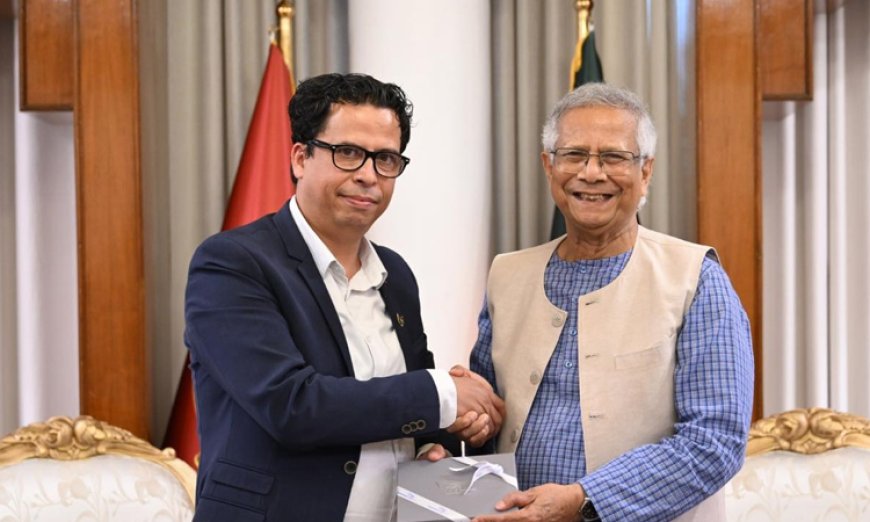
European Parliament Human Rights Subcommittee Chair Mounir Satouri has stressed that Bangladesh must ensure free and fair elections in February 2026, noting that acceptance of the results by all parties will be crucial for sustaining political stability and strengthening democracy.
“The results of such an election should be respected by everyone. This is the condition for stability after the polls in Bangladesh,” Satouri told BSS in an interview during his visit to Dhaka.
He underlined that separation of powers, judicial independence, civic space, and press freedom are indispensable for democracy and long-term stability.
Satouri described the upcoming elections as a defining step in Bangladesh’s democratic transition. “Political stability is essential for economic growth and improved living standards,” he said, adding that the European Parliament looks forward to working with the next parliament regardless of the outcome.
Satouri is leading a European Parliament delegation to Bangladesh as part of the EU’s practice of sending fact-finding missions ahead of major political transitions. The other members are Isabel Wiseler-Lima (EPP, Luxembourg), Arkadiusz Mularczyk (ECR, Poland), Urmas Paet (Renew Europe, Estonia), and Catarina Vieira (Greens/EFA, The Netherlands).
Explaining why Bangladesh was chosen at this moment, Satouri said the country is at a critical point in its democratic transition while the EU is also negotiating a Partnership and Cooperation Agreement (PCA) to deepen bilateral ties.
“Whenever the EU decides to strengthen ties with a third country, we also assess the human rights situation, the rule of law, and fundamental freedoms, as these are integral to any EU agreement,” he said.
Reflecting on Bangladesh’s political changes since the July 2024 uprising, Satouri noted that the interim government had taken “a number of measures with tangible impact,” but emphasized that the process remains unfinished.
“If the reforms already introduced are implemented with broad consensus by the next parliament, the transition will move forward in the best possible conditions,” he added.
The delegation has so far held meetings with civil society groups, trade unions, employers, political parties, and government officials, and is scheduled to meet interim leaders on constitutional reform.
Satouri said the PCA talks seek to strike a balance between prosperity and human rights commitments. “This agreement will outlast the interim government and bind both parties for the future. It is important that the voices and concerns of the people are reflected,” he stressed.
During his trip, Satouri also visited the Rohingya camps in Cox’s Bazar, praising Bangladesh’s “extraordinary effort” in hosting more than one million Rohingyas for the past eight years. He urged greater international burden-sharing and a political solution in Myanmar to ensure safe and voluntary repatriation.
“The EU will maintain its funding for the Rohingya response, but Bangladesh cannot shoulder this responsibility alone,” he said, expressing hope that the upcoming high-level conference in New York on September 30 will help mobilize stronger global action.
In Dhaka, the delegation met Foreign Affairs Adviser Md Touhid Hossain on Thursday, following a courtesy call on Chief Adviser Professor Muhammad Yunus on Wednesday.
What's Your Reaction?







